Bob Marley and Beyond: Celebrating the Titans of Reggae
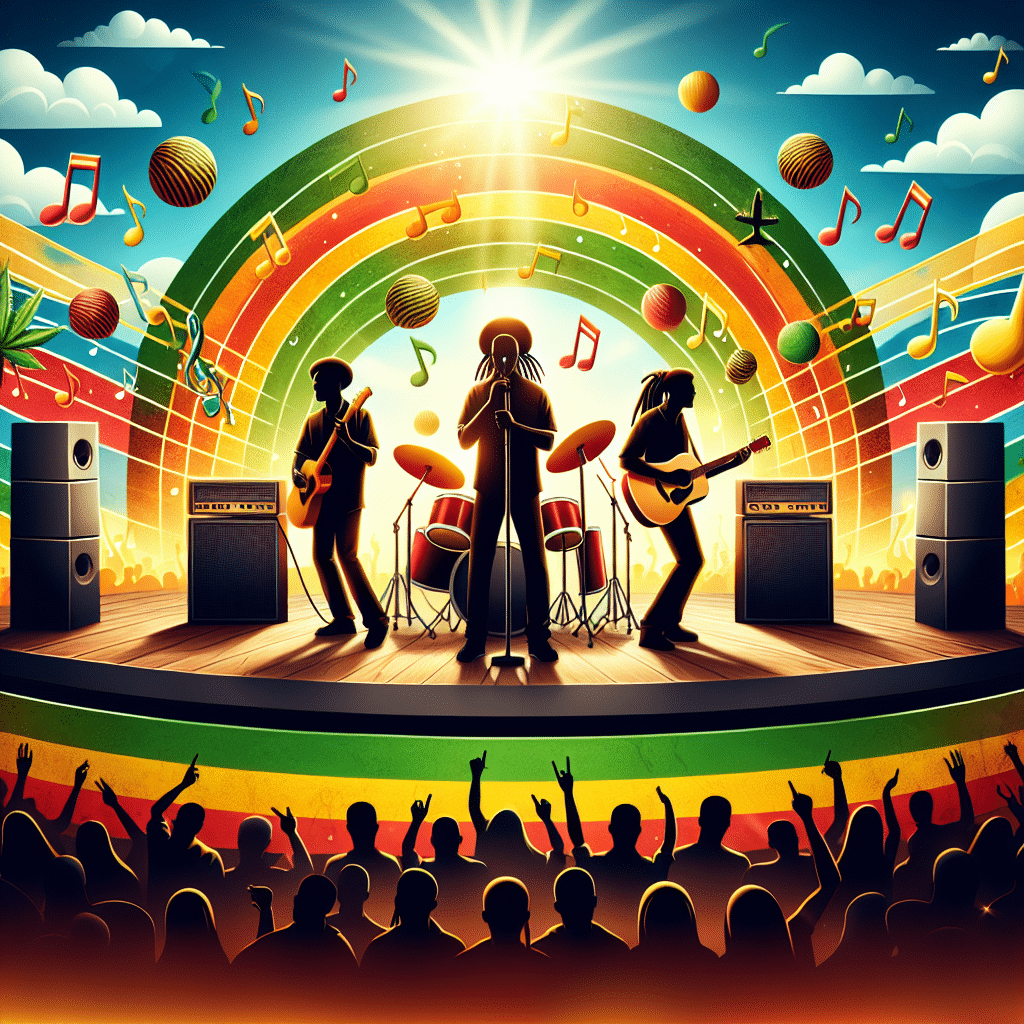
Reggae music, with its infectious rhythms and poignant lyrics, has a rich history that resonates deeply around the globe. Among its many luminaries, Bob Marley stands out as a pivotal figure whose influence transcends music, impacting culture and social consciousness. As we celebrate the titans of reggae, we uncover the legacy of Marley and other key artists who have shaped this unique genre.
The Genesis of Reggae: Roots and Influences
Reggae emerged in Jamaica in the late 1960s, evolving from earlier musical styles such as ska and rocksteady. Influenced by American jazz, rhythm and blues, and traditional African music, reggae became a vehicle for cultural expression among the Jamaican populace. The socio-political landscape of Jamaica, marked by struggles against colonialism and economic hardship, infused reggae with themes of resistance, unity, and love—concepts that would become integral to the genre.
Bob Marley: The Face of Reggae
Early Life
Born on February 6, 1945, in Nine Mile, Jamaica, Robert Nesta Marley experienced a childhood marked by socio-economic challenges. His biracial heritage as the son of a white father and a black mother posed its own challenges. Nevertheless, Marley’s passion for music blossomed early, and by the age of 14, he began performing with local bands.
See Also: From Jamaica to the World: The Global Impact of Reggae Festivals
From Jamaica to the World: The Global Impact of Reggae FestivalsRise to Stardom
In 1963, Marley formed a band called The Wailers, which initially struggled for attention. However, their music began gaining traction with the release of the hit single “Simmer Down.” It wasn't until the 1970s, when Marley released albums like Catch a Fire and Rastaman Vibration, that he gained international acclaim. His fusion of rock and reggae captured the hearts of millions, with poignant songs like "One Love", "Redemption Song", and "No Woman, No Cry" becoming anthems for peace and unity.
Legacy and Influence
Bob Marley’s music tackled themes of love, resistance against oppression, and social justice. His Rastafarian beliefs infused deeper spiritual significance into his work, making him a voice for the marginalized. Marley’s influence reached far beyond music; he became a cultural icon, advocating for the rights of black people globally. After he passed away in 1981, his music continued to inspire new generations, making him a lasting figure in both reggae and world music.
The Titans of Reggae: Beyond Bob Marley
While Marley is undoubtedly the most recognized figure in reggae, many other artists have contributed greatly to the genre.
See Also: Legends of the Lane: Celebrating Jamaica's Iconic Reggae Artists
Legends of the Lane: Celebrating Jamaica's Iconic Reggae ArtistsPeter Tosh
An original member of The Wailers alongside Marley, Peter Tosh’s solo career further defined reggae in the 1970s. With powerful anthems like "Legalize It" and "Equal Rights," Tosh advocated for marijuana legalization and human rights, earning him a fierce reputation in the reggae community.
Jimmy Cliff
Jimmy Cliff is another titan who injected reggae into the global consciousness. His role in the film The Harder They Come sparked international interest in reggae music, and songs like "You Can Get It If You Really Want" and "The Harder They Come" resonated across cultures, blending storytelling and social critique.
Toots and the Maytals
Known for their energetic performances, Toots and the Maytals were instrumental in popularizing reggae. Toots Hibbert's unique vocal style and the band’s up-tempo tracks, such as "Pressure Drop" and "Monkey Man," bridged the gap between reggae and ska, showcasing the versatility of the genre.
See Also: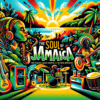 The Soul of Jamaica: How Reggae Legends Shaped a Cultural Movement
The Soul of Jamaica: How Reggae Legends Shaped a Cultural MovementBurning Spear
Burning Spear, the alter ego of Winston Rodney, played a significant role in the roots reggae movement of the 1970s. His long, meditative songs like "Marcus Garvey" and "Columbus" reflect a deep connection to Rastafari and historical consciousness, setting a tone of reflection and cultural pride.
The Evolution of Reggae: A Contemporary Perspective
Reggae has evolved and branched into numerous sub-genres, from roots reggae and dancehall to dub and ska. Artists like Sean Paul, Shaggy, and Protoje have taken reggae into new territories, blending Caribbean influences with pop, hip-hop, and electronic music. The genre's resilience and adaptability have kept it relevant in a rapidly changing musical landscape, ensuring that the messages of love, unity, and resistance resonate with modern audiences.
Global Impact
Today, reggae music continues to influence musicians worldwide, and the cultural legacy initiated by pioneers like Bob Marley remains significant. Festivals, tribute concerts, and educational programs propagate the music's message, forging connections across cultures and generations.
See Also: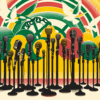 Voices of Freedom: The Political Impact of Reggae Legends
Voices of Freedom: The Political Impact of Reggae LegendsConclusion: The Importance of Bob Marley and Beyond
Bob Marley and his contemporaries established reggae as a powerful form of expression, rooted in the history and struggles of the Jamaican people. Their works transcend geographical boundaries, promoting messages that resonate with audiences everywhere—messages of love, hope, resistance, and unity. Celebrating the titans of reggae is essential for recognizing the genre’s cultural significance and its enduring influence on social movements and global music.
As we reflect on Bob Marley and other titans, we honor not only their contributions to music but also their roles as cultural ambassadors, champions of social justice, and catalysts for change. The legacy of reggae is indispensable, reminding us of music's ability to transcend barriers and inspire the hearts and minds of people across the globe.
FAQs
1. Why was Bob Marley so influential in music?
Bob Marley combined reggae with rock, soul, and blues, creating a sound that was both unique and relatable. His lyrics addressed deep social and personal issues, which resonated with a vast audience, making him a voice for change.
See Also: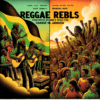 Reggae Rebels: How Music Became a Voice for Change in Jamaica
Reggae Rebels: How Music Became a Voice for Change in Jamaica2. How did reggae music originate?
Reggae originated in Jamaica during the late 1960s, evolving from ska and rocksteady genres. It was heavily influenced by jazz, blues, and African rhythms, characterized by its distinctive rhythmic style and socially conscious lyrics.
3. What are the main themes in reggae music?
Reggae often explores themes such as love, resistance against oppression, social justice, unity, and spirituality, reflecting the social conditions of its roots in Jamaica.
4. Who are some other important reggae artists besides Bob Marley?
Key artists include Peter Tosh, Jimmy Cliff, Toots and the Maytals, Burning Spear, and contemporary artists like Sean Paul and Protoje who continue to innovate within the genre.
See Also: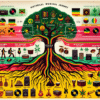 Roots of Rhythm: Exploring the Evolution of Jamaican Reggae Music
Roots of Rhythm: Exploring the Evolution of Jamaican Reggae Music5. How has reggae music evolved over the years?
Reggae has diversified into many sub-genres, including dancehall, dub, and ska, while also influencing genres like hip-hop, pop, and electronic music, thus remaining relevant in the global music scene.
If you want to know other articles similar to Bob Marley and Beyond: Celebrating the Titans of Reggae you can visit the category Reggae.
